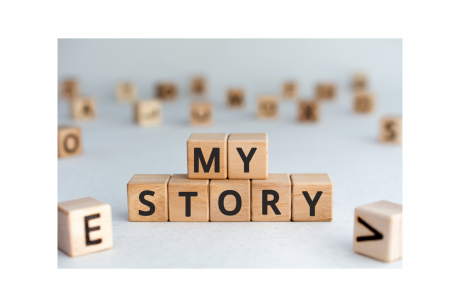
This article aims to examine the benefits of teachers using their own autobiographical writing in the classroom. It explores the blurring of truth and fiction in autobiographical writing and argues that teachers can help students if they provide students with the cloak of fiction when writing about their own lives. Furthermore, it puts forward the case that when teachers share pertinent autobiographical episodes then pupils are more willing to respond in an engaged and passionate fashion. In developing my argument, I suggest that autobiographical writing can be therapeutic in certain classroom contexts. The data sources for this article are the author’s own life and two case studies: an 11-year-old boy, George, and a 15-year-old girl, Eloise, both of whom were pupils of the author and wrote autobiographically for him. The methodological approach is that of bricolage: chiefly, the article combines ethnographical observation with interviews and discourse analysis. I also examine quantitative studies which look at the therapeutic dimensions of autobiographical writing. Theoretically I draw on Freire’s concept of ‘conscientization’ (Freire 1985: 49) in order to critique the ‘banking’ concept of education, which would close down opportunities for pupils to write freely about their own lives.
Full reference details: Gilbert, Francis. 2012. ‘But sir, I lied – The value of autobiographical discourse in the classroom’. English in Education, 46(2), pp. 198-211. ISSN 0425-0494 [Article]No full text available
Official URL: http://onlinelibrary.wiley.com/doi/10.1111/j.1754-…
You can read the full article here:


Leave a Reply